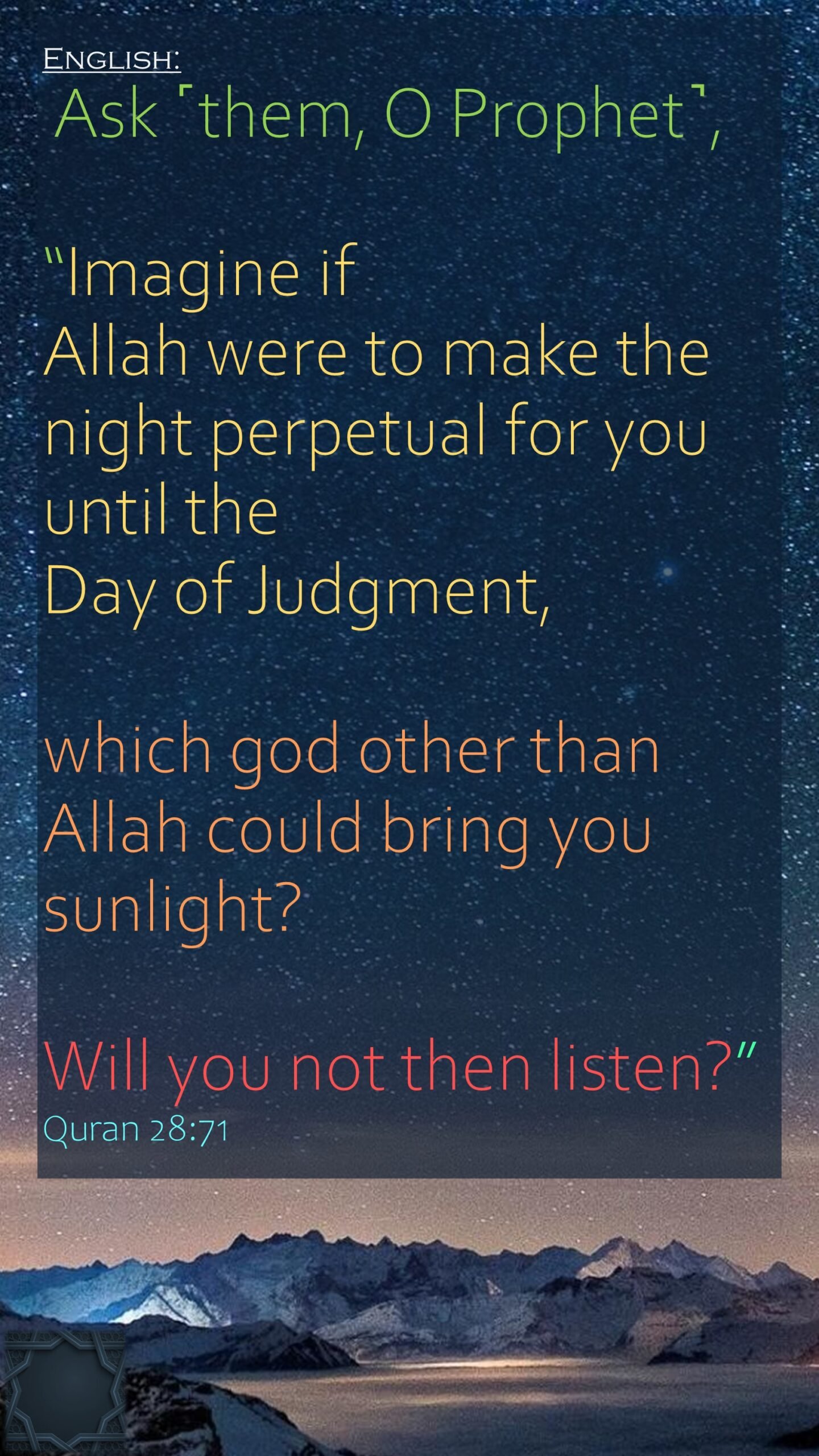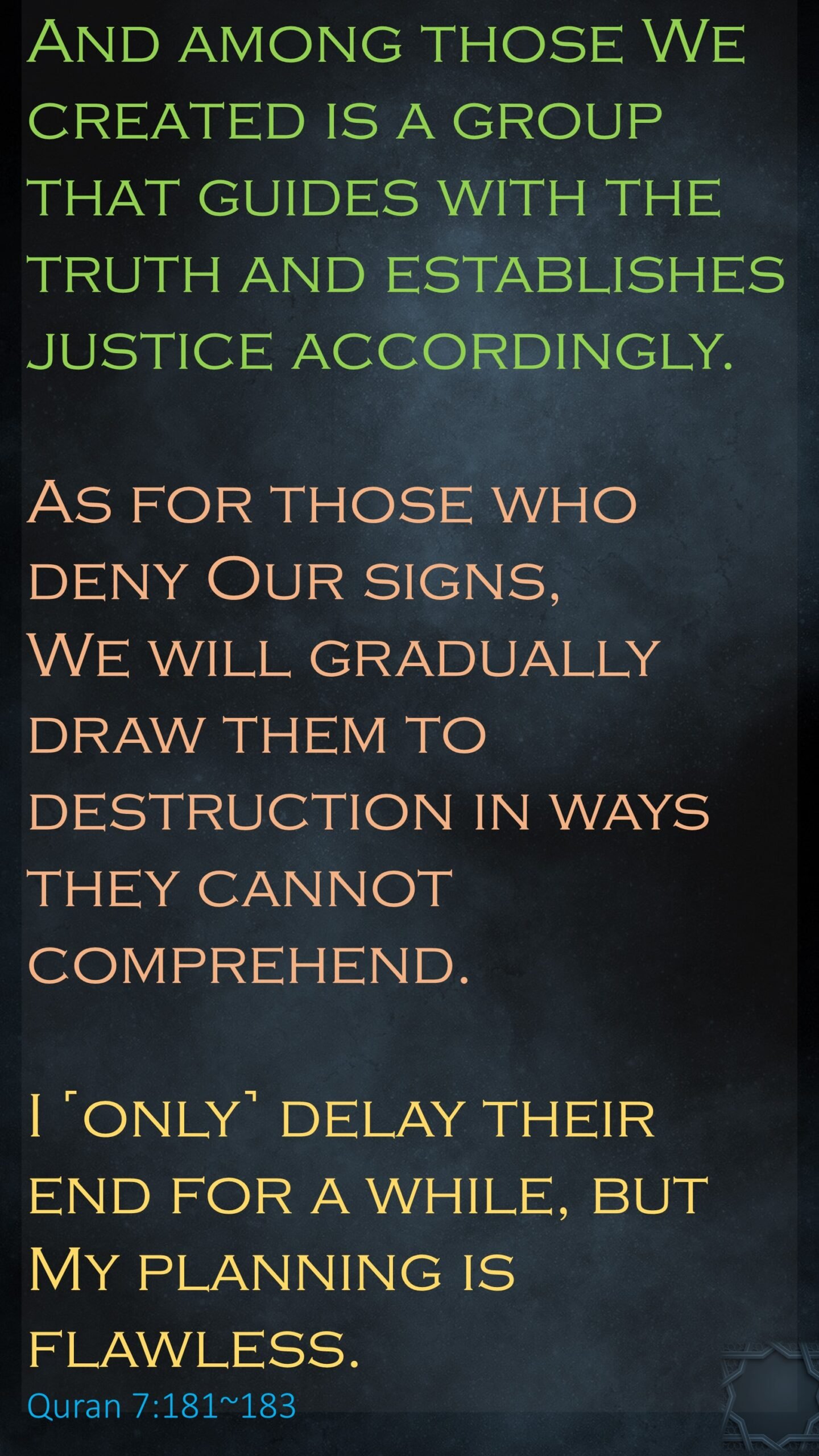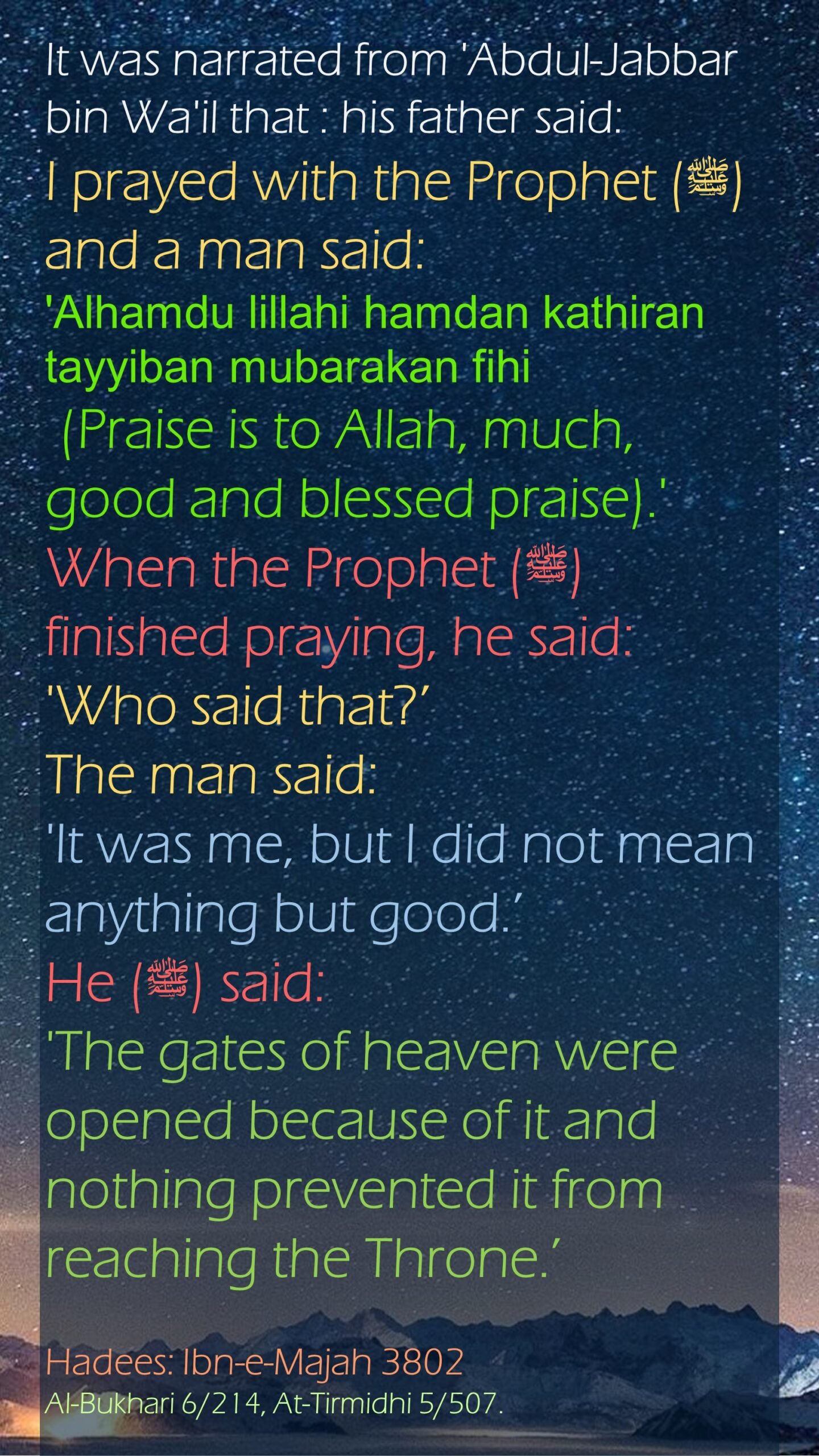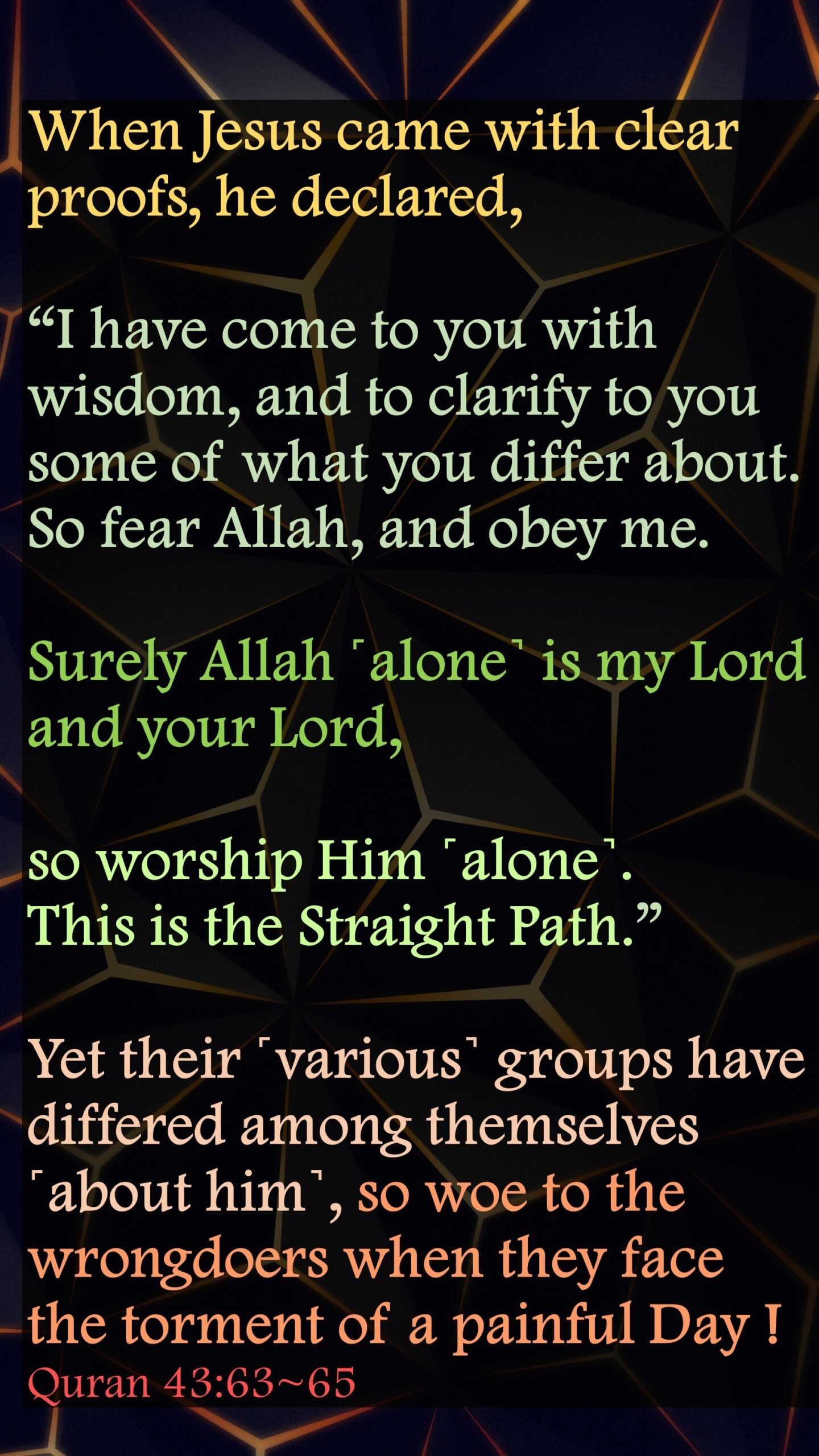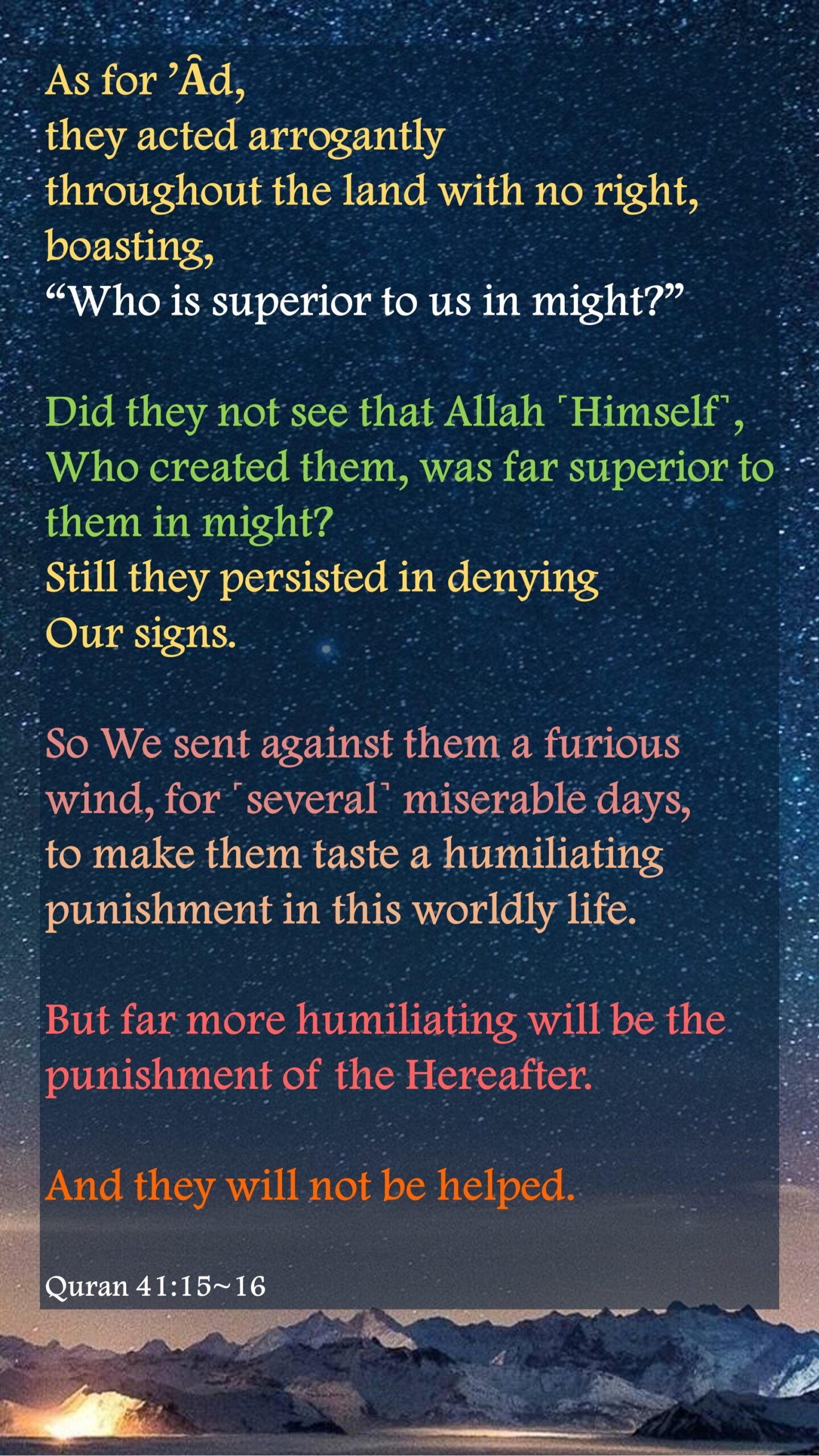Skip to Content
Tag Archives: not
- Home -
- Posts tagged "not"
( Page5 )
14
May, 2023
Islam, Quran
Allah, ayat, daily, day, God, inspirations, islam, islamic, judgement, listen, night, not, other, perpetual, quran, snight, Surah
11
Apr, 2023
Islam, Quran
Allah, ayat, believe, bow, Chapter 84, daily, denial, disbelieve, down, envelope, full, good, hidden, inspirations, islam, islamic, knowledge, moon, news, night, not, painful, pass, persist, Punishment, quran, state, submission, Surah, twilight, verses 16 to 24, waxes
28
Mar, 2023
Islam, Quran
Abraham, Al-Mumtaḥanah, All-Seeing, Allah, always, ayat, cannot, Chapter 60, children, daily, day, decide, disassociate, enmity, example, excellent, father, final, forgiveness, hatred, Ibrahim, idols, inspirations, islam, islamic, judgement, Lord, not, protect, quran, reject, relatives, return, Surah, trust, turn, Verse 3, Verse 4, الممتحنة
7
Mar, 2023
Islam, Quran
181, 182, 183, Allah, ayat, comprehend, crated, daily, delay, deny, destruct, end, establish, flawless, group, inspirations, islam, islamic, justice, not, planning, quran, signs, Surah, truth, while
2
Mar, 2023
Islam, Quran
Allah, ayat, believe, daily, earth, inspirations, islam, islamic, not, plants, quran, Sign, Surah, types, variety
28
Feb, 2023
Islam, Quran
Allah, ayat, create, daily, delude, end, hour, inspirations, intercede, islam, islamic, not, object, power, quran, return, Surah, testify, time, truth, worship
23
Feb, 2023
Hadees, Islam
Allah, Bless, daily, gate, good, Heaven, inspirations, islam, islamic, not, praise, prayer, prevent, throne
19
Feb, 2023
Islam, Quran
Allah, alone, ayat, Chapter 43, daily, day, Differ, does, God, inspirations, islam, islamic, Jesus, judgement, not, Obey, One, only, painful, path, Prophet, quran, straight, Surah, versee 63 to 65, wrong
26
Jan, 2023
Islam, Quran
Aad, Allah, arrogant, ayat, boast, Chapter 41, cretor, daily, deny, furious, help, humilate, inspirations, islam, islamic, miserable, not, persist, punish, quran, superior, Surah, verse 15, verse 16, wind
16
Jan, 2023
Islam, Quran
Allah, alm, ayat, buying, daily, deed, distracted, evening, fear, Glorified, Grace, heart, hope, houses, inspirations, islam, islamic, light, limit, Men, mention, morning, mosque, name, not, order, pay, perform, prayer, provision, quran, raise, rememberance, reward, selling, shines, Surah, tax, tremble, without, worship

